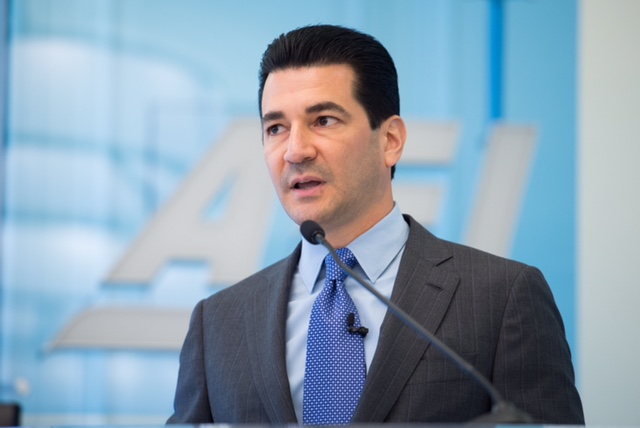FDA cracks down on bogus cell therapy firms

The FDA’s commissioner Scott Gottlieb has pledged to crack down on “unscrupulous actors” attempting to treat patients with potentially dangerous or unproven stem cell therapies.
According to Gottlieb, these companies are able to promote, unproven, illegal and expensive treatments that offer little hope and could pose health risks to vulnerable patients, based on the clinical promise of regenerative medicine.
The crackdown comes after a number of shocking incidents in the US, including the case of three women who went blind following bogus treatment at a Florida clinic.
In a statement the FDA said it is “stepping up” enforcement to separate unscrupulous companies from those offering genuine treatments approved and backed with genuine medical evidence.
At the same time it will offer those with regenerative medicine products a less burdensome regulatory process – although the regulator noted that in some cases individualised treatments fall outside the FDA’s remit.
Gottlieb noted the FDA must tread a fine line, separating new medical products from those that are tailor-made by surgeons in such a way that they are not subject to its regulation.
The announcement comes after the US Marshals Service, on behalf of the FDA seized five vials of smallpox vaccine from California-based StemImmune.
The San Diego biotech was using the vaccinia virus vaccine to create an unapproved stem cell product, from cells derived from body fat.
This was being injected intravenously and directly into patients’ tumours – potentially causing fatal health problems in unvaccinated people as the virus can cause inflammation and swelling of the heart.
The FDA also wrote to another operator, Florida’s Stem Cell Clinic, raising issues about poor manufacturing standards. An inspection found the clinic was processing body fat into stem cells and administering directly into spinal cords of patients with illnesses such as Parkinson’s disease, amyotrophic lateral sclerosis, and pulmonary fibrosis.
This autumn, Gottlieb said he will issue guidance documents outlining a new, efficient, process to evaluate safety and effectiveness of stem cell therapies.
The guidance will also implement provisions of the 21st Century Cures Act relating to regenerative medicine.
A compliance policy will give current product developers a “very reasonable” grace period to consult with the FDA so that they can meet required standards – aside from outliers potentially harming public health.
Gottlieb said: “We can’t let a small number of unscrupulous actors poison the well for the good science that holds the promise of changing the contours of human illness and altering the trajectory of medicine and science.”












